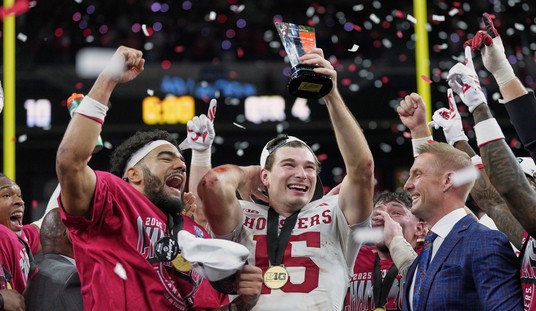Italy’s new hardline interior minister, Matteo Salvini, made it clear in a visit to Sicily that the new populist coalition government meant what it said when it pledged to send refugees back where they came from.
The head of the far-right League is on the road seeking to rally support for his party’s candidates in municipal elections later this month, as part of a broader effort to boost the traditionally secessionist party’s profile in the country’s poorer south.
But immigration is Salvini’s primary bugbear and the newly minted deputy prime minister in Italy’s populist coalition government has added a stop in migration hotspot Pozzallo.
The port town in Sicily’s south is on the front line: one of the main places where military and humanitarian boats bring refugees fleeing war, persecution and famine across North Africa and the Middle East.
More than 300,000 refugees have arrived in Italy in recent years, most of them making the perilous journey from ports in Libya across the Med. Many of the boats used in smuggling operations are ill-suited to ocean travel or severely overloaded. The result is predictable — thousands of dead refugees. Saving them has taxed the Italian Navy and Coast Guard, while those that do make it have severely impacted public services.
Salvini had said after being sworn in that he would ask his ministry’s experts “how to reduce the number of arriving migrants and increase the number of expulsions”.
“The good times for illegals is over — get ready to pack your bags,” he said Saturday at a rally in Italy’s north.
“Countries need to start doing their job and no more smugglers should be docking in Italian ports,” he said in a swipe at the NGOs organising rescues at sea, which he has regularly accused of complicity with people traffickers.
Salvini’s fellow deputy prime minister, leader of the anti-establishment Five Star movement Luigi Di Maio, has also called rescue NGOs “taxis on the sea” although his rhetoric on immigration is more measured that that of the League.
The previous government funded the migrant services to the tune of more than 4 billion euros a year.
In 2017, the former government announced a budget of some 4.2 billion euros for migrants, of which 18 percent is for rescues at sea, 13 percent for health care, and 65 percent for migrant reception centres, which host some 170,000 people.
The centres in particular attract Salvini’s ire.
The vast majority of existing centres are run by cooperatives or NGOs who were promised 25-35 euros per day for each person they provide with lodging, clothes and other services including legal aid or psychological support.
Is it any wonder the Italian people have had enough and elected a government that would do something about the problem?
The populist coalition is the first populist government elected in western Europe. As Italy is on the front lines of the refugee invasion, this isn’t surprising. But now that the government is apparently going to follow through on their campaign promises to reduce the number of refugees and take a stronger stand against any more being allowed in, other governments in the EU are watching Italy carefully as their own populist movements gain support.










Join the conversation as a VIP Member